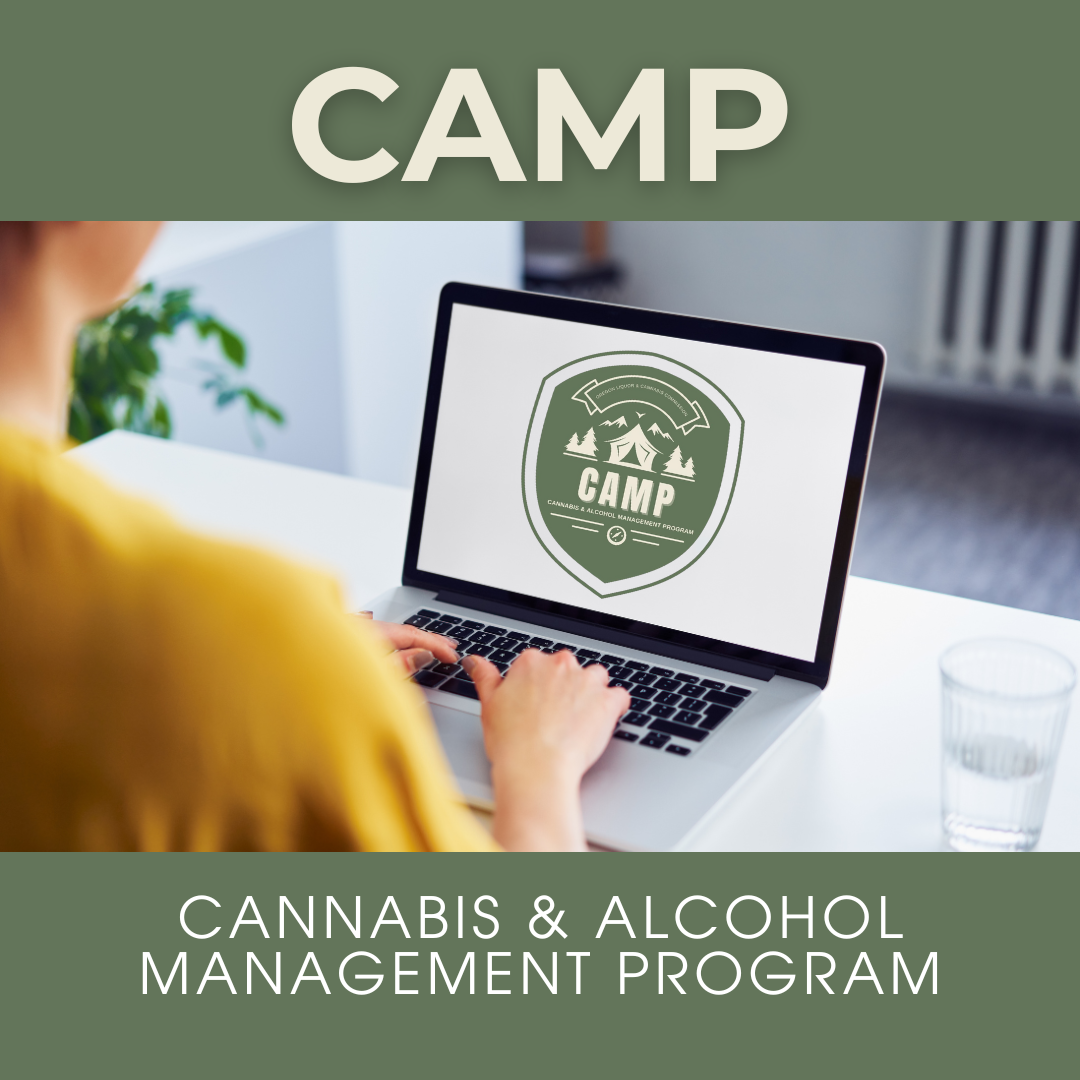 CAMP is now live for Alcohol Licensing
CAMP is now live for Alcohol Licensing
All licensing processes must now be completed using the online CAMP platform
Exciting news - CAMP for Alcohol Licensing is officially live! Effective immediately, we no longer accept paper applications for annual licenses or special events. All applications must be submitted through our innovative online platform.
Note: The
new Local Government Recommendation form is now available, with separate versions for Annual Liquor Licenses and Special Event Licenses. Please make sure that you are using the correct form. If you already had your paper application endorsed, you may upload the scanned endorsed copy as your local government endorsement during online application in CAMP.
More about CAMP